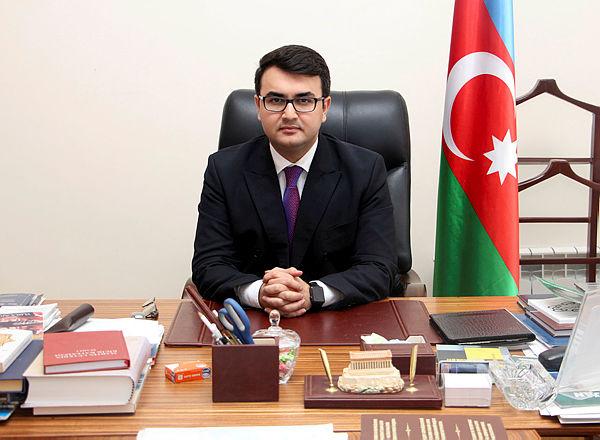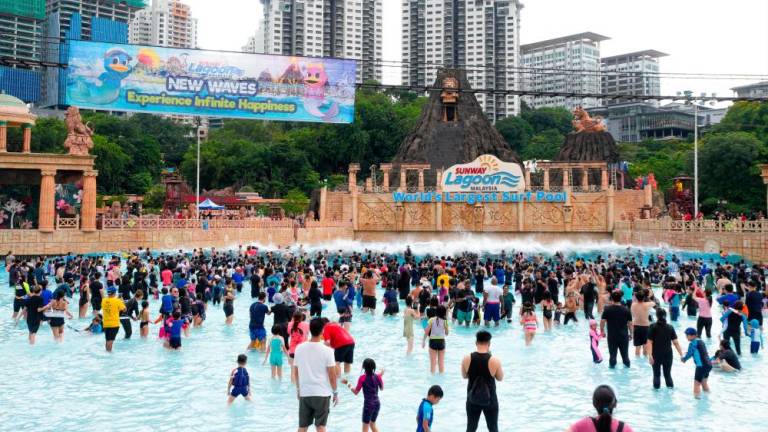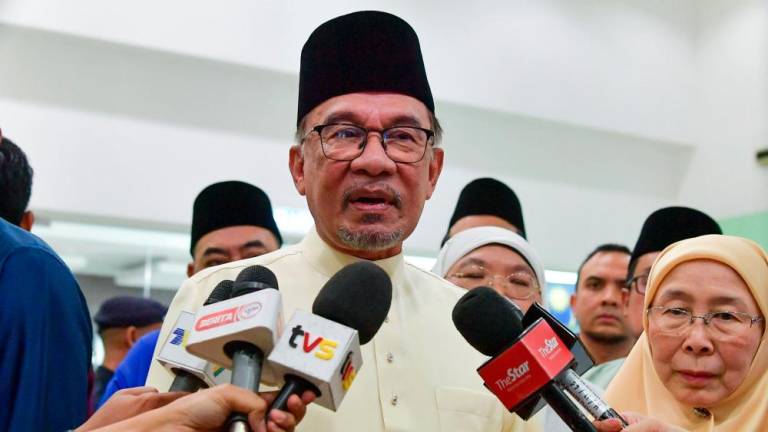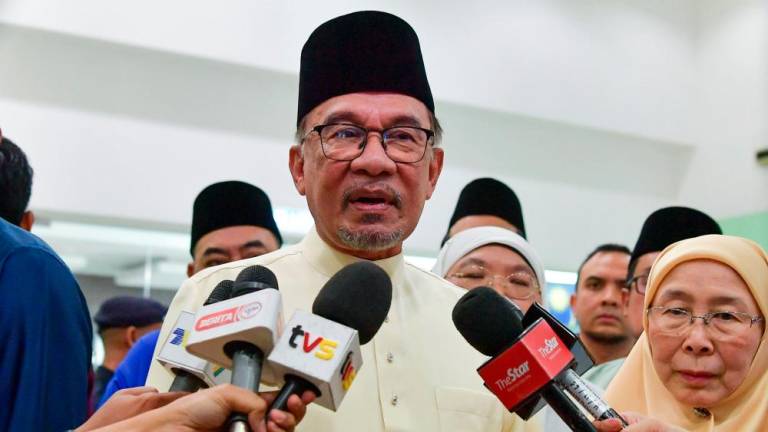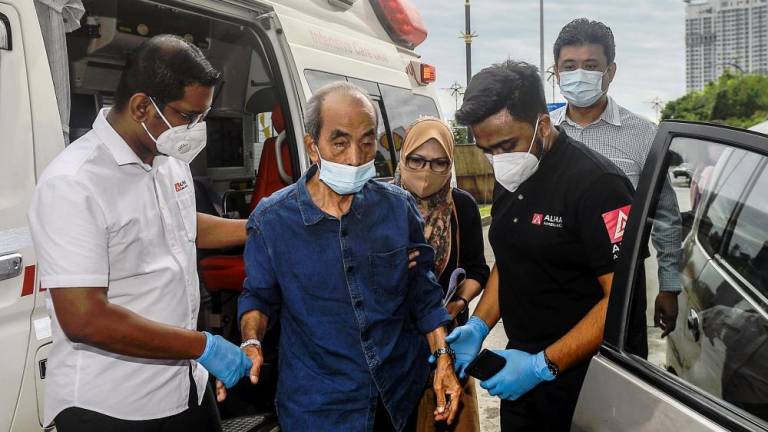KUALA LUMPUR: The implementation of multiculturalism as a state policy has benefited Azerbaijan, where the policy has resulted in political and economic stability for the country.
Executive Director of Baku International Multiculturalism Centre, Ravan Hasanov (pix), said multiculturalism and tolerance is the way forward in solving many ethnic, cultural, sectarian and religious conflicts besetting the world.
He said Azerbaijan’s model of multiculturalism is built on three main elements – respect for ethnic and religious diversity, the full support of the government as a state policy, and the policy of non-assimilation of the various cultural and religious society.
Hasanov said multiculturalism can simply be defined as the existence of many cultures simultaneously in one place and time.
“Multiculturalism includes ethnic, racial, religious and cultural diversity and the values that underpin it. It is also a state policy in some countries like Azerbaijan which ensures the protection and development of diversity,” he said in an interview with Bernama at his office in Baku, Azerbaijan.
Hasanov attributed Azerbaijan’s success story of attracting foreign investments, economic development and social cohesion to the implementation of multiculturalism as a state policy, which resulted in a positive perception of Azerbaijan among the international community.
Hasanov said although Muslims make up 96 per cent of Azerbaijan’s population, people of other religions such as the Christians and the Jews (about 11,000 people) has had a long history of peaceful inter-religious and interethnic coexistence. He also said that Azerbaijan, a country of about 10 million people and 30 ethnic groups including Albanian and Turkic, has different houses of worships located side by side without causing any religious tensions.
Located at the crossroads of Eastern Europe and Western Asia, Azerbaijan has mosques, churches (including Armenian churches) and synagogues – preserved and protected – as well as the “Fire Temple of Baku” ( Ateshgah) which was once used as place of worship at different times by Hindus, Sikhs, and Zoroastrians – which is protected and is now a top tourist attraction.
After asserting its independence from Russia in 1918 and prior to its incorporation into the Soviet Union in 1920, Azerbaijan gained the distinction of being the first democratic state in the Muslim world. In October 1991, Azerbaijan declared its independence from the then Soviet Union.
Hasanov said multiculturalism – based on national and universal moral and humanistic values – is a policy of Azerbaijan’s government, and the basis of this policy was laid by its National Leader Heydar Aliyev in the 1990s.
He said the project of teaching the discipline of “Azerbaijan Multiculturalism” in local and foreign universities has been implemented by the Baku International Multiculturalism Centre since 2015.
Currently, Azerbaijan’s multiculturalism model is taught at the master’s degree level at 22 universities in countries such as Bulgaria, Germany, Lithuania, Poland, Ukraine, India, Japan, Brazil, Portugal, Indonesia, Russia, Georgia, Turkey, Poland, Sweden, Switzerland and Italy.
Azerbaijani multiculturalism will also be taught as one of the main subjects for all specialties in all universities in Azerbaijan from the 2019-2020 academic year.
Meanwhile, there are nine international branches of Baku International Multiculturalism Centre functioning in the world. The activities of all the branches are mainly aimed at the promotion of the ideas of multiculturalism.
Replying to a question, Hasanov said the Centre is willing to work with Malaysia to invite Malaysian students to share and gain experience on the Azerbaijani model of multiculturalism and also for young journalists to undertake independent research on its model of multiculturalism for publication in their own languages.
“We can share our experience and expertise, and also help to establish a branch of our centre in Malaysia and to establish university programme on the Azerbaijani model of multiculturalism,“ Hasanov said, adding that this is possible because both Azerbaijan and Malaysia enjoy strong bilateral ties.
The main objective of the Centre, which coordinates all its activities and projects with the Presidential Administration of the Republic of Azerbaijan, is to ensure the preservation of cultural, religious and linguistic diversity, to present Azerbaijan to the world as a centre of multiculturalism, and to explore and promote existing models of multiculturalism.
Hasanov explained that one of the Centre’s important projects is the International Multiculturalism Winter and Summer Schools, held twice a year, to allow students studying multiculturalism in Azerbaijani and world universities the opportunity to see how the values of multiculturalism and tolerance they theoretically study are being preserved in Azerbaijan.
More than 400 students from over 100 foreign countries took part in eight multicultural schools held for the past five years, he said.
Hasanov also pointed out the launching of the initiative of the Baku Process by Azerbaijani President Ilham Aliyev in 2008 to develop the dialogue and cooperation between Islamic and Western civilisations, peoples and cultures. — Bernama



